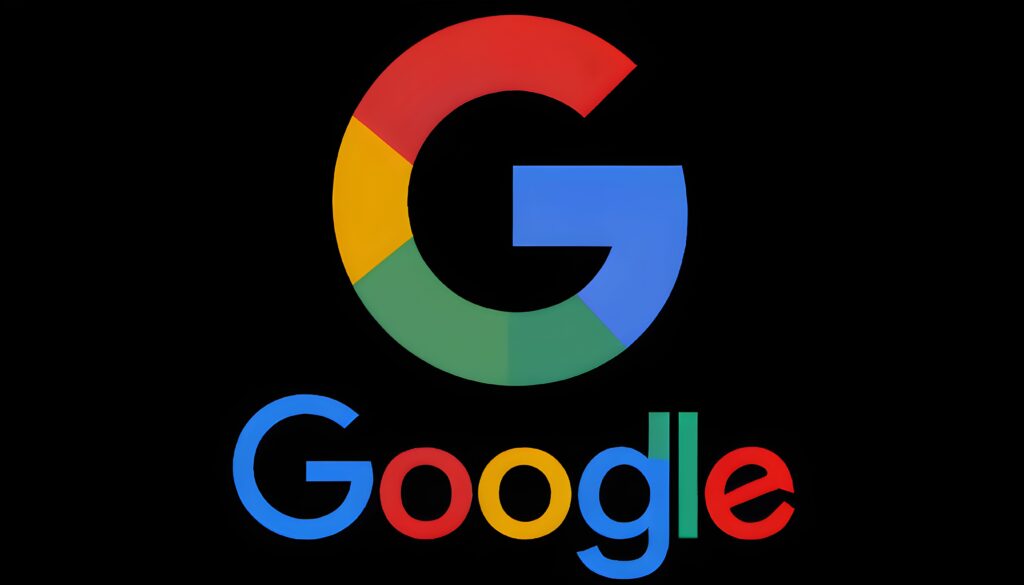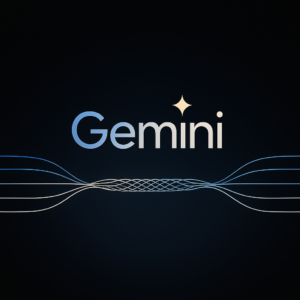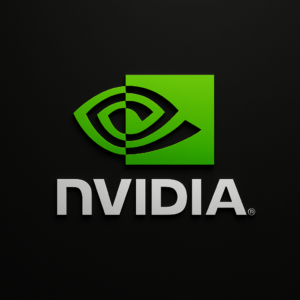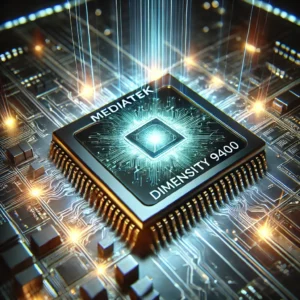
Introduction: A Major Leadership Shake-Up at Google AI
In a surprising leadership transition, Google has announced a major shake-up in its AI division, affecting its flagship AI chatbot, Gemini. Sissie Hsiao, who played a pivotal role in leading Gemini’s development, is stepping down, and Josh Woodward is set to take over. This decision comes at a time when Google is under immense pressure to stay competitive in the rapidly evolving AI landscape.
With companies like OpenAI and Microsoft continuously advancing their AI models, Google has been working tirelessly to refine Gemini, formerly known as Bard. The chatbot has seen significant improvements, particularly with the introduction of Gemini 1.5, a multimodal AI model with enhanced reasoning and data processing capabilities.
Despite these advancements, Google has faced criticism regarding Gemini’s accuracy, bias, and overall reliability, prompting a reassessment of its AI leadership. By appointing Woodward, Google signals its intent to accelerate Gemini’s progress and refine its AI ecosystem.
This leadership transition raises important questions: Why did Google make this change? What does Woodward’s appointment mean for the future of Gemini? And how will this impact Google’s position in the AI race?
The Evolution of Google Gemini: From Bard to a Powerful AI Model
Google’s journey in AI chatbot development has been marked by rapid advancements and intense competition. When Google initially launched Bard in early 2023, the company faced mounting pressure to keep up with OpenAI’s ChatGPT, which was leading the AI revolution.
While Bard introduced a conversational AI experience capable of assisting with search queries, content generation, and general knowledge tasks, it struggled with inaccuracies and inconsistencies. Many users found its responses unreliable compared to those from OpenAI’s GPT-4 model.
Recognizing these shortcomings, Google rebranded Bard as Gemini in early 2024, launching Gemini 1.0, a more sophisticated and multimodal AI model. This update introduced:
-
Improved reasoning capabilities
-
Multimodal functionality, allowing users to interact via text, images, and voice
-
Better integration with Google services like Search, Docs, and Assistant
The release of Gemini 1.5 in 2025 took things a step further, refining the chatbot’s ability to process vast amounts of information efficiently. However, despite these improvements, Gemini continued to face criticism for biases, factual errors, and weaker reasoning compared to OpenAI’s latest models.
These challenges likely contributed to Google’s decision to make leadership changes within its AI division, setting the stage for Woodward’s appointment.
Why Did Sissie Hsiao Step Down? The Driving Factors Behind the Leadership Change
Sissie Hsiao has been an influential leader within Google’s AI division, guiding Gemini’s evolution from Bard into an advanced AI assistant. Her leadership was instrumental in the multimodal improvements and integration efforts that made Gemini a central part of Google’s AI strategy.
However, her decision to step down raises questions about the underlying factors that led to this change. Several key reasons could have influenced Google’s move:
1. Addressing Accuracy and Bias Issues
Despite Gemini’s advancements, Google has struggled to eliminate inaccuracies and biases within the chatbot. Users have pointed out instances where Gemini provides misleading information or politically skewed responses. With OpenAI and Microsoft setting high standards for factual accuracy, Google likely wants fresh leadership to refine Gemini’s response quality.
2. Stiff Competition from OpenAI and Microsoft
The AI industry is dominated by rapid advancements from OpenAI and Microsoft, forcing Google to constantly innovate to remain competitive. While Gemini is a strong contender, it has not yet surpassed the capabilities of GPT-4 Turbo or Microsoft’s Copilot. Woodward’s appointment might be a strategic move to push Gemini forward with new innovations.
3. Google’s Long-Term AI Strategy
Sundar Pichai, CEO of Google, has emphasized AI as a core pillar of the company’s future. Leadership adjustments are not uncommon in industries that demand fast-paced innovation. With Woodward’s experience in AI research and product development, Google may be looking to align Gemini’s leadership with its long-term AI ambitions.
4. Restructuring AI Leadership for Future Growth
Google’s AI division is evolving rapidly, and restructuring leadership could be an effort to streamline AI initiatives. By placing Woodward in charge of Gemini, Google might be preparing for faster integration of AI across its ecosystem, including Search, Google Workspace, and Android.
While Hsiao remains at Google, her next role remains unclear. However, her departure from leading Gemini signals a shift in how Google intends to manage its AI advancements moving forward.
Who is Josh Woodward? The New Leader Steering Gemini’s Future
With Josh Woodward stepping in as the new head of Gemini, Google is bringing in a leader with strong experience in AI-powered research tools and product development. Woodward has played an essential role in the development of NotebookLM, an AI research tool designed to help users analyze and organize information efficiently.
His leadership at Google Labs suggests that he is well-versed in user-driven AI innovations. This makes him an ideal candidate to take Gemini to the next level by focusing on:
1. Enhancing Gemini’s AI Capabilities
Woodward is expected to push for deeper AI improvements, refining Gemini’s ability to handle complex reasoning tasks and generate more accurate responses.
2. Expanding AI Integration Across Google Products
Under Woodward’s leadership, Gemini may be more tightly integrated with Google Search, Google Assistant, and Workspace tools, making AI assistance more seamless for users.
3. Improving Ethical AI and Reducing Bias
One of the biggest criticisms of AI chatbots is their tendency to generate biased or misleading responses. Woodward’s leadership could introduce more stringent ethical AI measures to address these concerns.
4. Developing AI Monetization Strategies
With AI becoming a core part of Google’s business model, Woodward’s leadership might explore new monetization options, such as enterprise-level AI solutions, premium AI-powered tools, or enhanced AI search functionalities.
5. Competing with OpenAI and Microsoft More Aggressively
With OpenAI and Microsoft constantly evolving their AI models, Google under Woodward may become more aggressive in its AI rollout, ensuring Gemini remains at the forefront of AI innovation.
His track record suggests that Gemini’s future under his leadership could see significant advancements, making it a more reliable and competitive AI model.
What This Means for Google’s AI Future
The leadership change within Google’s AI division is more than just a management shift—it is a strategic move to redefine Google’s position in the AI industry. Here’s what we can expect moving forward:
1. A Stronger, More Capable Gemini Model
Under Woodward, Gemini is likely to see improvements in accuracy, efficiency, and usability, helping it compete more effectively against OpenAI’s GPT-4 and Microsoft’s AI tools.
2. A Bigger Focus on AI-Powered Business Solutions
Google is investing in AI-driven enterprise solutions, and this leadership change may accelerate the development of AI-powered tools for businesses and professionals.
3. More Ethical and Responsible AI
With increasing scrutiny over AI-generated content, Woodward may emphasize transparency and bias reduction, ensuring Gemini adheres to ethical AI standards.
4. Greater AI Integration Across Google Services
Gemini may become deeply embedded into Google’s ecosystem, enhancing productivity tools, improving search capabilities, and introducing AI-powered assistance for users across all devices.
A Defining Moment for Google’s AI Leadership
The shift in Google’s AI leadership marks a defining moment for Gemini and Google’s broader AI ambitions. With Sissie Hsiao stepping down and Josh Woodward stepping in, Google is signaling its commitment to advancing AI technology and staying competitive in the AI race.
As Gemini continues to evolve, the leadership change could bring major improvements in AI accuracy, ethical considerations, and market competitiveness. Woodward’s background suggests a strong focus on refining Gemini’s user experience, making it a more trustworthy and capable AI assistant.
Feel free to check out our other website at : https://synergypublish.com



